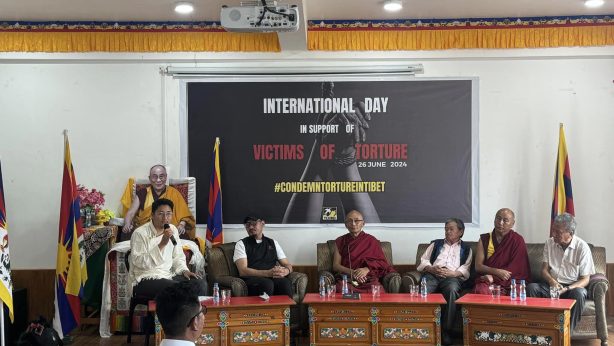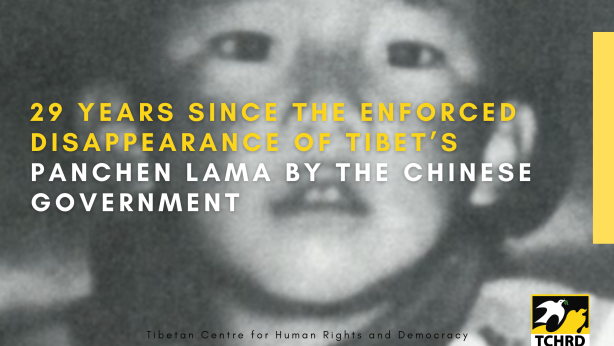South Africa should stand with Dalai Lama and Tibetan political prisoners

On 11 February 1990, Nelson Mandela was released from Victor Vester Prison. He spent 27 years in prison. Initially, Mandela was sentenced to five years in prison for leaving South Africa without a passport and inciting people to go on strike. He left South Africa to attend the Conference of the Pan-African Movement for East and Central Africa, he did not apply for a passport because he knew he would not be granted one by Apartheid South Africa. He later received a life sentence for sabotage.
Mandela was a political prisoner. In 1964, he admitted to planning sabotage and violating South Africa’s laws. Despite violating South Africa’s laws and being labeled a terrorist, Mandela was in prison for his political views. In 1962 and again in 1964, Mandela explained that he could not follow laws that are immoral, unjust, and intolerable. One of the failings of South Africa’s laws was that they violated the requirement in the Universal Declaration of Human Rights that all people be equal before the law. Even though South African law required the same procedures and evidence for whites and blacks, blacks were not equal before the law. This was because equality before the law went beyond the application of the law. Mandela argued that the equality before the law required non-discrimination at all levels of justice, not merely the application. It required, “the right to participate in the making of the laws by which one is governed, a constitution which guarantees democratic rights to all sections of the population, the right to approach the court for protection or relief in the case of the violation of rights guaranteed in the constitution, and the right to take part in the administration of justice as judges, magistrates, attorneys-general, law advisers and similar positions.”
When Mandela entered Robben Island, where he spent 18 years of his 27 years in prison, the first words the warder said were, “This is where you will die.” When he was released from prison in 1990 he was the presumptive leader of the African National Congress and preparing for negotiations to end the Apartheid system. In his first public remarks after his release Mandela reiterated his call for a “democratic and free society in which all persons live together in harmony and with equal opportunities.” He also thanked the world community for its support in the anti-apartheid struggle.
The current South African government has failed to live up to Nelson Mandela’s dedication to and support for human rights. In 2014, South Africa refused to give the Dalai Lama a visa. This was the third time in five years South Africa gave in to Chinese pressure.
According the TCHRD’s Political Prisoner Database, there are 2,110 known Tibetan political prisoners. They have been imprisoned for exercising their human rights and for violating laws they did not draft, apply, or implement. Many Tibetan prisoners died in detention. By refusing to grant Dalai Lama a visa, the South African government has aligned itself with a government that denies people human rights and equality before the law. It aligned itself with the warders and against political prisoners.
The South African government should use the 25th anniversary of Nelson Mandela’s release from prison to reconsider its position and take a stand for human rights. It should take a stand for human rights just as the world community did when South Africa was ruled by a racist regime.


